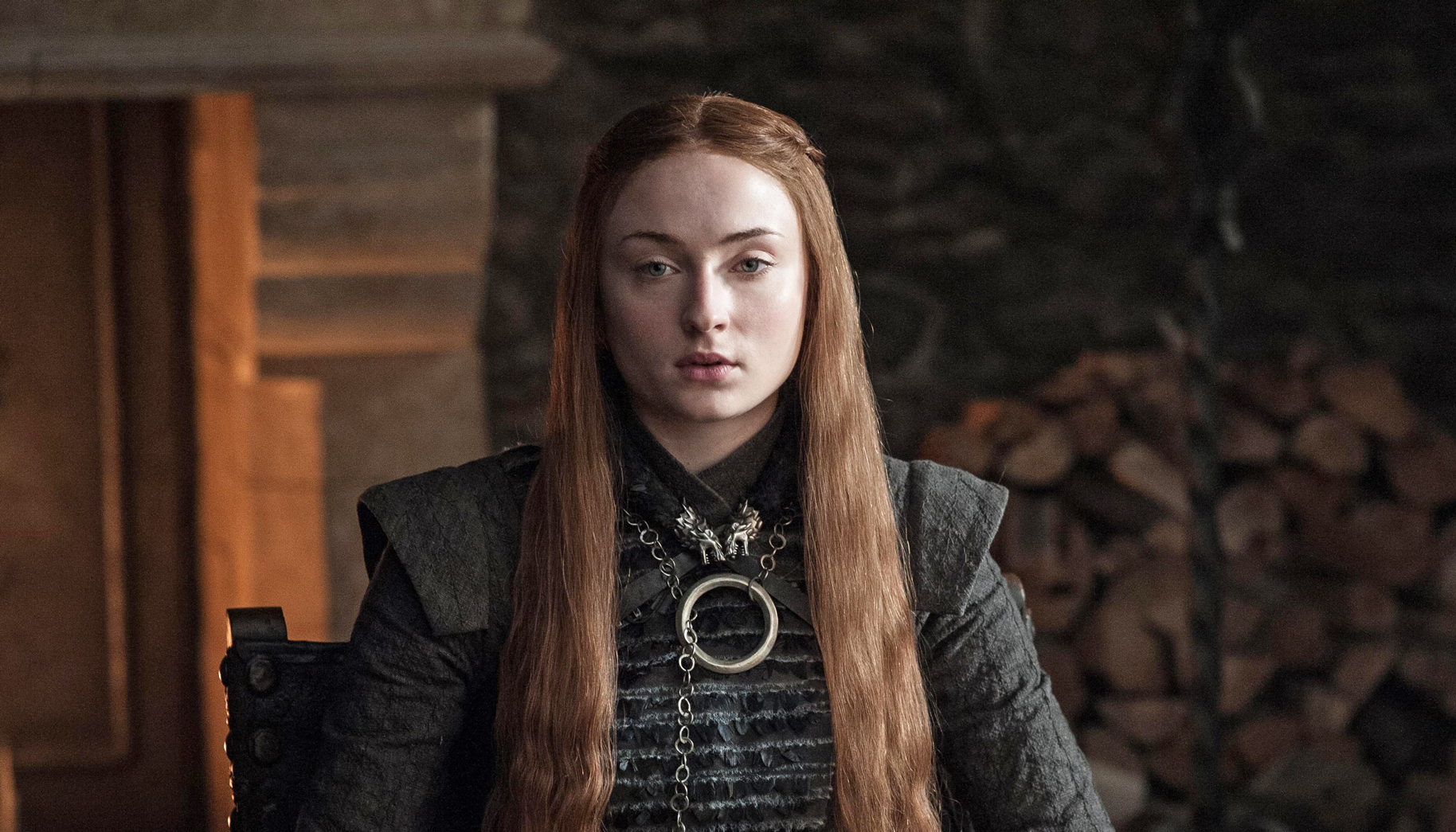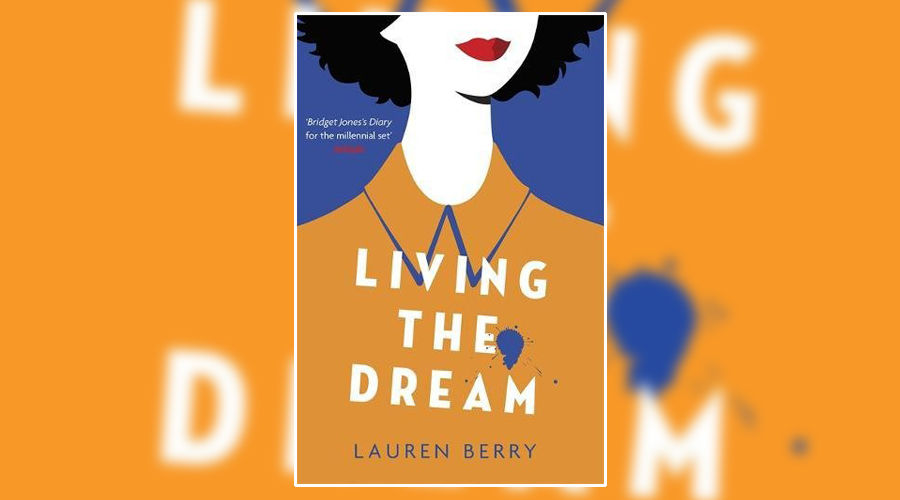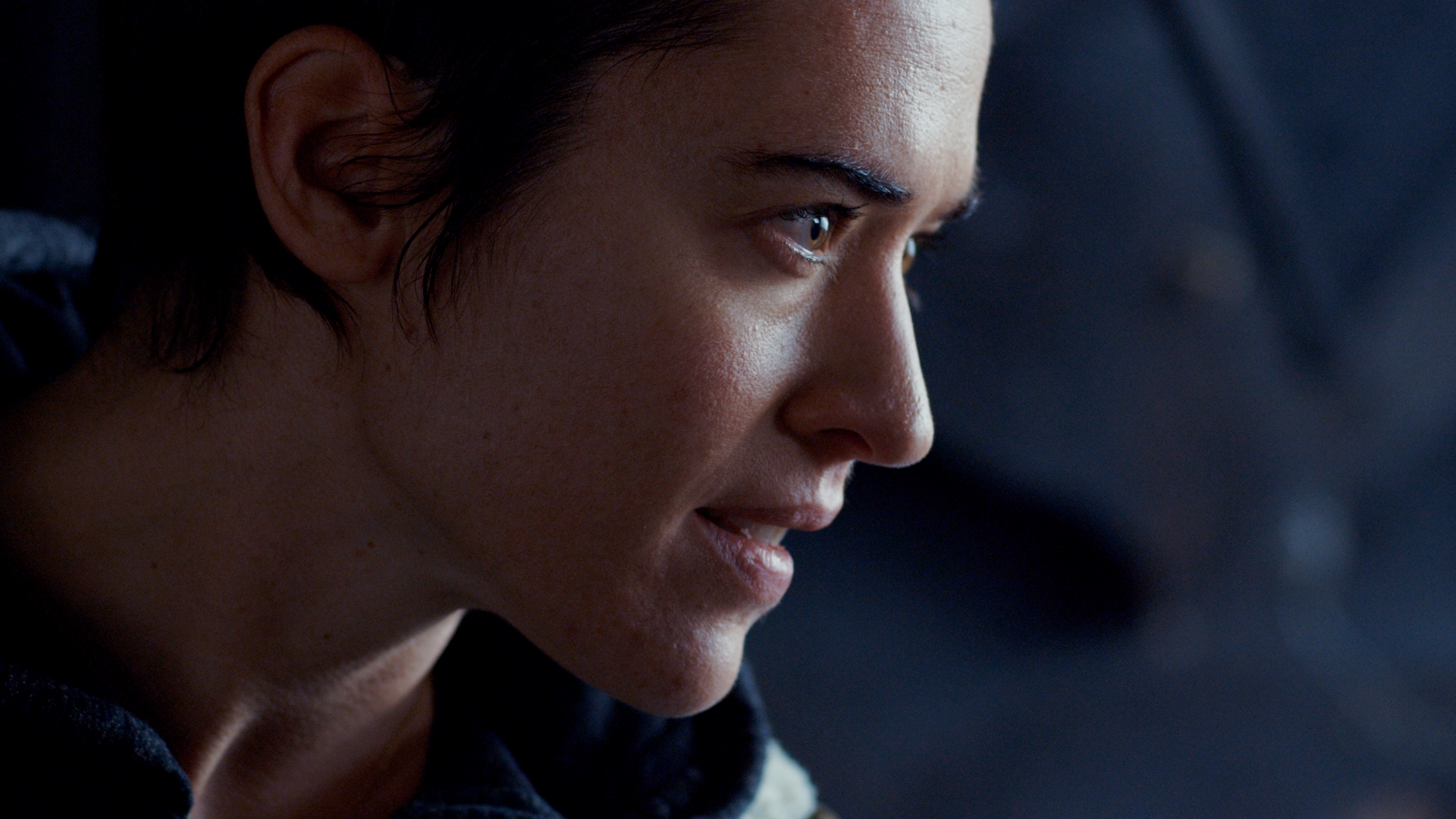Game of Thrones Season 7: An Unparalleled Production

The previous Culturefly preview for season 7 of Game of Thrones was, true to my nature, a bit pessimistic. There are a lot of elements that worry me about the show as it comes towards the end, and those elements combine to create uncertainty as to just how effective season 7 (and 8), are going to be. But. There’s always a but, right? In this case, though, ‘but’, is a good thing. There are worrying aspects of Thrones, and those worries won’t just disappear, but there are exciting, incredible aspects too:
The Acting Whatever one thinks of the narrative and the scripts given to the actors on Thrones, it’s hard to find fault with the delivery by the cast. Across six seasons, each character has developed in their own way, allowed the time and space to evolve across 60 episodes. In the wider context of television, many ‘big’ shows do reach that number of episodes, but Thrones is set apart in its capacity for character development by both the sheer number of main characters, and by the sandbox world they inhabit. The potential for characters to overlap is unlimited, and thus the actors are constantly given new counterparts to play off.
Whatever one thinks of the narrative and the scripts given to the actors on Thrones, it’s hard to find fault with the delivery by the cast. Across six seasons, each character has developed in their own way, allowed the time and space to evolve across 60 episodes. In the wider context of television, many ‘big’ shows do reach that number of episodes, but Thrones is set apart in its capacity for character development by both the sheer number of main characters, and by the sandbox world they inhabit. The potential for characters to overlap is unlimited, and thus the actors are constantly given new counterparts to play off.
Going through the whole cast would take a while, but those who stand out are those who have gone through the most change. Naturally, this ends up skewing towards the younger characters, those who start the show reliant upon older characters. The three remaining ‘younger’ Starks – Sansa, Arya, Bran – have all progressed remarkably since the start, and the actors performances have been key.
Bran has had the least to do, perhaps, especially with his absence for season 5, but Isaac Hempstead-Wright has still done a good job of portraying Bran’s constant struggle to stay on the right side of the line between confidence and arrogance. His hubris grows as his powers do, but with the anarchy and deaths of ‘The Door’, it might be diminished slightly by season 7.
Arya has had the most physical progression of all the characters, going from Winterfell, to King’s Landing, to Harrenhaal, to the Riverlands, to Braavos, and now back to Westeros; and so Maisie Williams has been able to exploit the range of situations she has had to put her character in. As part of the overall narrative, the whole House of Black and White arc had its issues, but it served a key purpose in the growth of Arya, essentially causing her to revert to ‘who she is’, and the personality she has tried to suppress for a while. Sansa, finally, has been a study in patience, both for the character and as a viewer. Character-wise, where William’s Arya is unreserved and carefree, to the point of near-fatally endangering herself near the end of season 6 with the Waif, Sophie Turner has had to show Sansa learning to play politics and contain herself, before equally learning to explode and dominate the situation too. As a viewer, Sansa’s arc continues to make more sense as the show has gone on further; the irritating naivety of her early seasons works better when you see where she goes next.
Sansa, finally, has been a study in patience, both for the character and as a viewer. Character-wise, where William’s Arya is unreserved and carefree, to the point of near-fatally endangering herself near the end of season 6 with the Waif, Sophie Turner has had to show Sansa learning to play politics and contain herself, before equally learning to explode and dominate the situation too. As a viewer, Sansa’s arc continues to make more sense as the show has gone on further; the irritating naivety of her early seasons works better when you see where she goes next.
Season 5 was a narrative blip for Sansa; some apportion the blame to her rape by Ramsey in particular as the core issue, while my perspective is that the issue was having her take Jeyne Poole’s place and be married to Ramsey in the first place, rather than playing out her book storyline further, as it removed Sansa’s agency for a season, and made a mockery of Littlefinger’s supposed omniscience. Once she was to be married to Ramsey, it was hard to see an alternative future for Sansa, even if the decision to focus the camera on Theon, not Sansa during the scene was certainly the wrong choice. Yet what that has done is imbue Sansa now with a certainty that her view must be heard, and that there are times where only she can make a decision. This can be seen in her dialogue with Robett Glover, where she chides him for his lack of loyalty, and in her pre-battle discussions with Jon. There isn’t much logic to the contradiction of her insisting ‘they need more men’ while withholding the fact that she can supply such force in the Knights of the Vale, but as before, in terms of acting, Turner performs brilliantly.
Production Value & Scale There is no other show on television right now like Thrones. Granted, there is no show with the same budget either, but the use of that budget is as impressive as the size of it. Earlier seasons rationed well, so that when it came to the big, ‘Blackwater’-type moments, it looked the part. Later seasons haven’t had to be as simplistically careful with money; if they want something to happen, it’s not a matter of finding the funds. But the ability to visualise almost anything you want on screen comes with the massive caveat of logistically putting it there.
There is no other show on television right now like Thrones. Granted, there is no show with the same budget either, but the use of that budget is as impressive as the size of it. Earlier seasons rationed well, so that when it came to the big, ‘Blackwater’-type moments, it looked the part. Later seasons haven’t had to be as simplistically careful with money; if they want something to happen, it’s not a matter of finding the funds. But the ability to visualise almost anything you want on screen comes with the massive caveat of logistically putting it there.
It’s one thing to have $10 million to pay for ‘Battle of the Bastards’; it’s quite another to organise 600 crew members, 500 extras, 70 horses, 4 camera crews and 25 stuntpeople across neatly a month’s worth of shooting days (25 days, not on the episode, but on the battle itself), and make a sequence as visually compelling as that which played out. Once again, narratively there might be flaws, but that doesn’t diminish the quality of the work behind the scenes. The music, the direction, the cinematography are all exceptional. Inside the world of the show too, the scale is off the charts. As said above, there is no other show like Thrones, nowhere else can you find a plot that sprawls across so many different locations, sets and ideas. A large part of this should be credited to George R. R. Martin conceptually, in setting out the world of Planetos (though the man himself doesn’t endorse that particular name for the world), but the visualisation of that world is a show exclusive success. The contrast between the hot colours of Dorne and Essos, and the cold colours of the North, or the different cultures across the map, add further dimensions to the world of the show.
Inside the world of the show too, the scale is off the charts. As said above, there is no other show like Thrones, nowhere else can you find a plot that sprawls across so many different locations, sets and ideas. A large part of this should be credited to George R. R. Martin conceptually, in setting out the world of Planetos (though the man himself doesn’t endorse that particular name for the world), but the visualisation of that world is a show exclusive success. The contrast between the hot colours of Dorne and Essos, and the cold colours of the North, or the different cultures across the map, add further dimensions to the world of the show.
The only disappointment is that the series hasn’t gone further east at any point; sadly, Quaithe’s prophecy to Dany – “To go north, you must go south. To reach the west, you must go east. To go forward you must go back, and to touch the light you must pass beneath the shadow.” – never made it to the show, and with her landing back in Westeros for season 7, it’s hard to see why Dany would now end up in Asshai, as many of us feel the prophecy implies.
The narrative of Thrones has issues, but the narrative is one part of a huge machine. Will I still find areas for complaint come the start of season 7? Quite possibly. But that doesn’t stop the rest of the show being so damn good.
SaveSaveSaveSave


